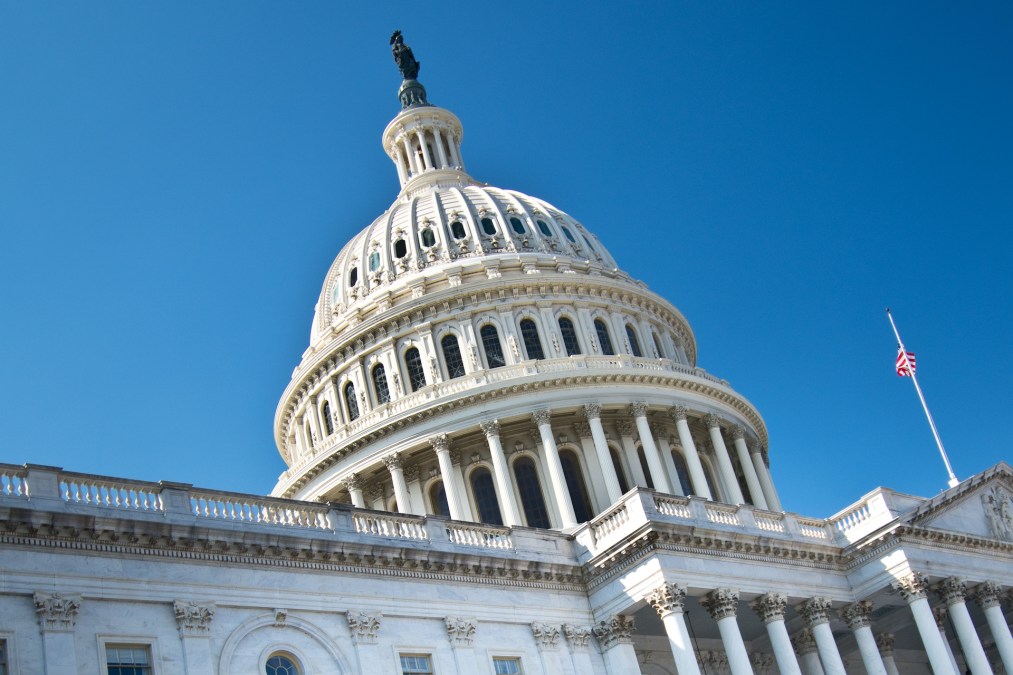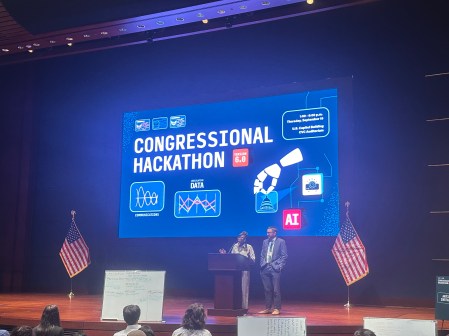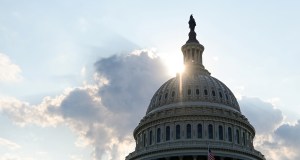Select Committee to Modernize Congress will return next term

A temporary committee set up to help modernize Congress, including updating its IT, will continue its work for the next two years.
The Select Committee to Modernize Congress was initially approved for work in the 116th Congress, a term that began in 2019 and ends Jan. 3, 2021. But Monday, House Speaker Nancy Pelosi, D-Calif., announced the committee will continue on in the 117th Congress, beginning next month and running through 2023.
Rep. Derek Kilmer, D-WA, will continue to chair the committee of 12 members. Rep. Tom Graves, R-GA, the vice-chair, left Congress in October and the Committee has yet to announce his replacement.
“As Speaker of the House, it is a privilege to once again appoint Congressman Derek Kilmer as Chairman of the Select Committee on the Modernization of Congress where he will continue his respected, effective work For The People,” said Speaker Nancy Pelosi, who needed to approve an extension of the committee’s term for its work to continue into the new term.
The committee has already submitted nearly 100 recommendations on how to improve congressional activities, including funding an Office Technology Assessment, new cybersecurity measures and remote work options.
“Technology is a big area of opportunity,” Kilmer said last month during FedTalks 2020. “We have seen technology evolve very quickly, and Congress falls behind very quickly too.”
The committee has even started work on emerging technology use. To make legislative documents more accessible to the public, committee members are working with the Office of the House Clerk to use natural language processing technology to compare versions of bill drafts and finalized law.
The committee has also worked on specific pandemic-era needs for Congress to continue operations.
“A lot of offices simply didn’t even have the technology for remote work and were not necessarily following the best practices with regards to cybersecurity,” Kilmer said.
The committee worked to set up digital signatures, remote committee hearing technology and other remote work options. Remote voting was handled by the House administrative staff, not the committee.
Several technology experts and advocacy groups had urged Pelosi to reauthorize the committee and commended its initial work in the 116th Congress.
“These recommendations were an excellent start toward helping Congress better fulfill its constitutional role. But much more has to be done,” Meredith McGehee, executive director of Issue One, a “political reform group,” wrote in support of the committee.
The committee will have its work cut out for it in the new year as it tries to modernize the tech used in the legislative process. A recent must-pass omnibus funding bill to continue funding government operations and provide coronavirus relief hit technical snags when the more than 5,500 pages of text could not be compiled due to a corrupt file in one part of the bill.






